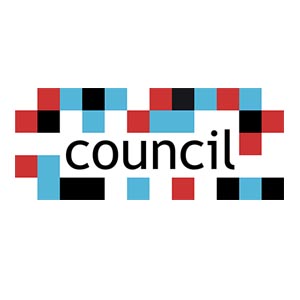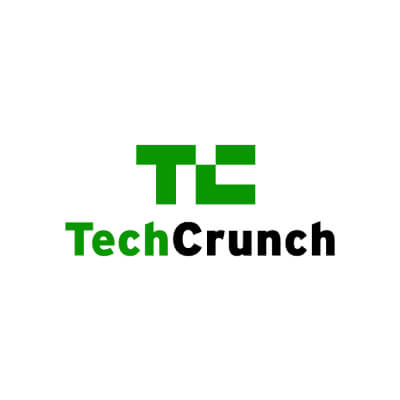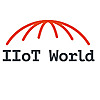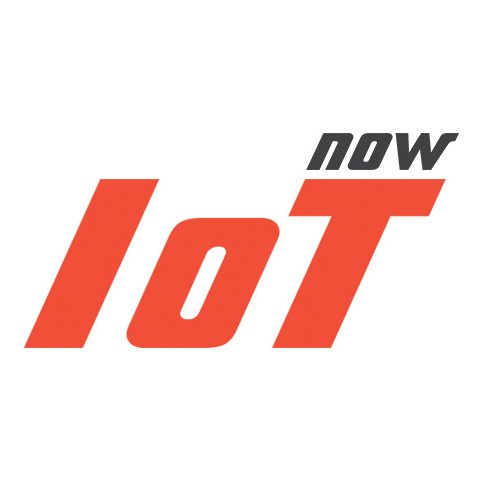
“I do not think there is any thrill that can go through the human heart like that felt by the inventor as he sees some creation of the brain unfolding to success.” – Nikola Tesla
I attended my first Bay Area Maker Faire in 2018. I’d been to the Austin Maker Faire several times in previous years, but this was my first experience attending the flagship event. Convened first in 2006 to a crowd of 20,000, by 2018, the event had grown to over 150,000 attendees and 1,200 makers exhibiting their creations. But what caught my eye most as I wandered through the San Mateo convention center were the sprawling booths erected by the likes of Google, Microsoft, Bose, and Ford. 12 years in, the humble maker movement looked to be thriving.
It would have been hard to imagine that Maker Faire and its parent Maker Media Inc. would cease to exist just one year later.
For years, companies large and small have looked upon the maker movement as the tip of the IoT spear. These communities were packed with hardware-curious software developers and, among younger members, the next generation of engineers and entrepreneurs. Companies like Arduino and Raspberry Pi exploded in this era, and several developer-focused hardware and IoT startups entered the space. The business model was simple: serve makers and developers in a way that would either create a self-sustaining business in itself or provide developers a path to building large-scale products with their tools when the time was right.
But by the end of the last decade, Maker Media was one among many focused maker businesses that failed or were forced to reorganize their operations. Early 3D printing company MakerBot struggled in the 2010s, performed several rounds of layoffs, and ultimately left the maker business behind. And TechShop, a maker space chain with 10 locations throughout the US, shuttered in 2017.
The Enterprise Pivot
By 2019, it was easy to write off the maker movement as dead. Many did, including a number of the companies that just a few years before had sprawling booths at Maker Faires worldwide. As these companies surveyed the space, they decided that the opportunity in the IoT lay not with makers but in “the enterprise.”
And so they pivoted. The enterprise is where the real work of the IoT is and will be done, they thought. The enterprise is the place where scale will be found. These companies pivoted to serve an audience that was, in their minds, wholly different. They adjusted their roadmaps, changed their pricing structure, and walled off their products. And along the way, they left the IoT developer behind.
This pivot was a mistake. Not because the enterprise is not the correct target for many IoT businesses. It is a mistake because, even within the enterprise, it’s still the developer who matters most. It’s still the developer that drives the ultimate success or failure of your product within their organization.
Enterprise Developers Are Developers, Too
When companies pivoted away from the maker movement, many lumped makers and developers into the same bucket. The thinking was that a developer tinkering with a home automation project on nights and weekends wasn’t representative of the kinds of customers they were after. And while it’s true that the maker movement in and of itself doesn’t map directly to large-scale enterprise IoT deployments, to pivot completely to the “enterprise” fails to consider that enterprise developers are developers too!
I know this for a fact because I’ve met many of these developers, and I’ve been one of these developers at times in my career. Just like any developer, developers in the enterprise care about building a great product. They care about security, scale, and ease of use. About working with tools they enjoy and which help them get the job done.
Enterprise Developers Are Makers
The enterprise developer is often also a maker. They care enough about their craft, and software is a craft, to tinker on nights and weekends with interesting tools and services.
In the end, if they like your product and have success with it, they’ll find a way to use it for their work. I’ve seen countless examples in the IoT space of companies doing large-scale IoT deployments with hardware, tools, and services that started with a single developer. Not an executive mandate, but a single developer who brought a tool she loved into “the enterprise” to solve a big problem. And I’ve seen just as many examples of IoT projects that failed because developers were handed a tool that wasn’t built for them and never made it beyond a pilot.
If you’re selling your IoT product to “the enterprise” and the developer isn’t at least a major factor in how you design, build and sell your product, who are you selling to? The fact is, companies that cast aside makers and developers to chase “enterprises” are chasing an ideal of the “enterprise software” world that no longer exists.
In 2021, the maker movement is alive and well in schools, homes, and enterprises. And the companies that are enabling the next wave of the IoT still have a developer mindset at their core. Companies like the Raspberry Pi Foundation and Arduino still serve the maker and developer with the product every day, even as they add professional-grade tools to their portfolio. Companies like Twilio and Edge Impulse deliver exceptional developer experiences from the start. Companies like Ubidots and Datacake don’t hide their value behind a paywall.
Any one of us can follow in the footsteps of these companies. All it takes is a recognition that IoT developers still matter.




 Contact Company
Contact Company


 Latest IoT News
Latest IoT News







